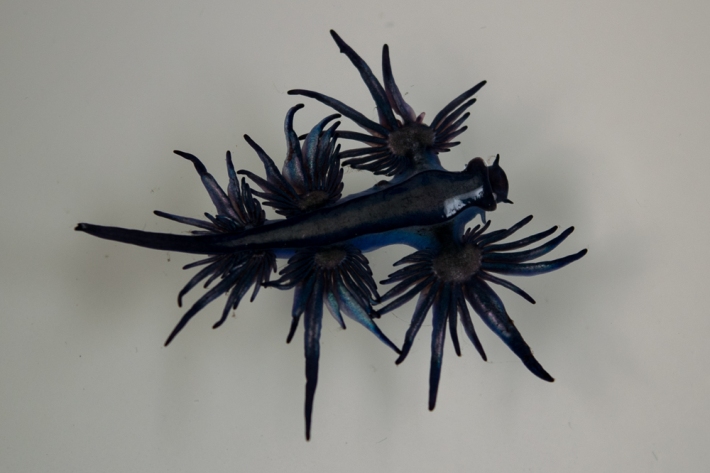-
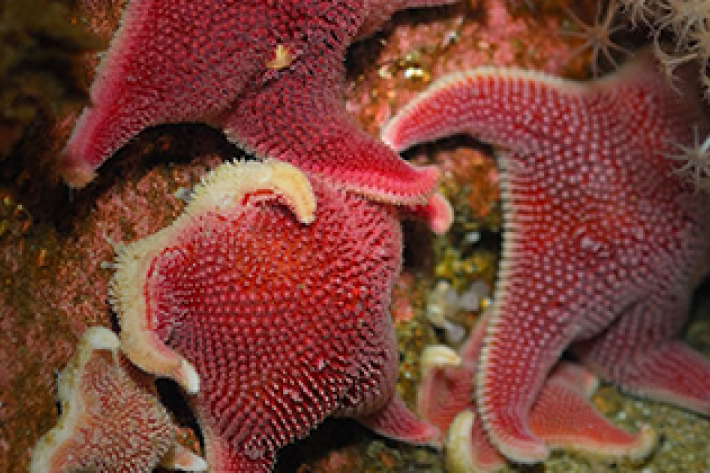
Amazing Antarctic Asteroids
An interactive guide to the starfish of the Ross Sea -
2016 - Colville Ridge Geophysics voyage
VoyageThe main output of this voyage is providing data and fundamental base maps for future regional prospectivity surveys, tectonic plate reconstructions, and general understanding of the architecture of the Kermadec backarc. -
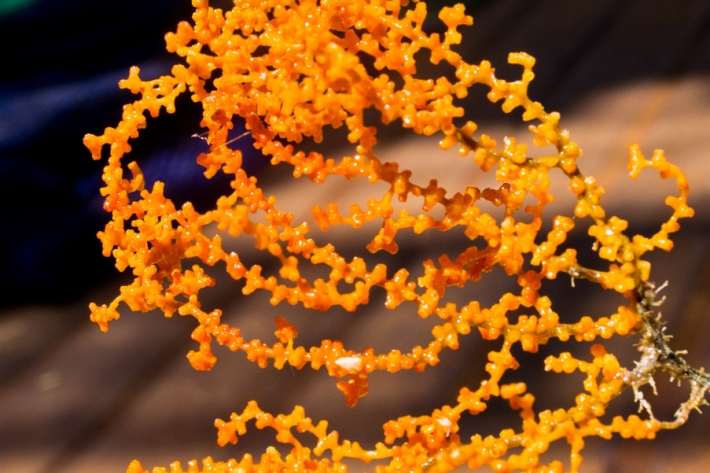
On the road again
We have reached the end of our sampling program up in the Kermadecs and we’re on our way home -
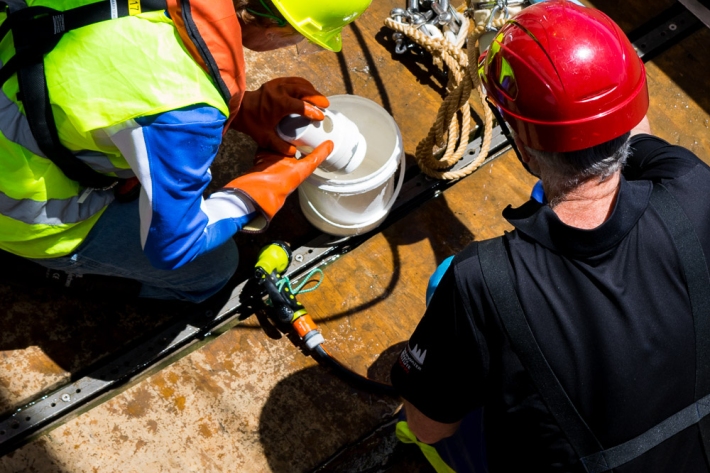
It’s a small world after all
For the last couple of days we have been sampling near L’Esperance Rock. -
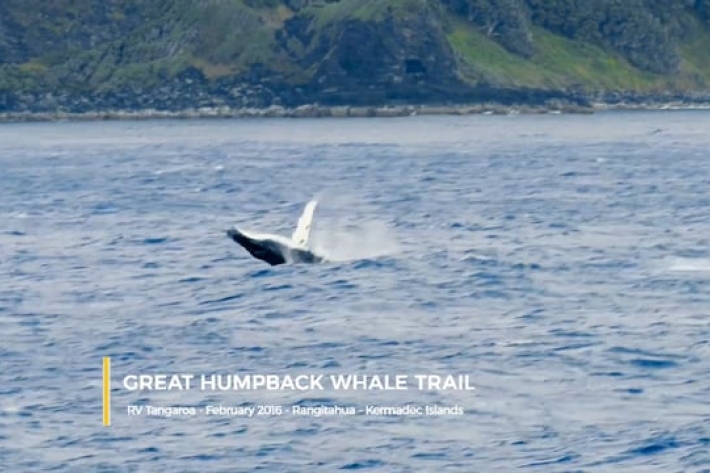
Great Humpback Whale Trail
Here is an insight into what Auckland University’s whale research team is up to in The Kermadecs. -
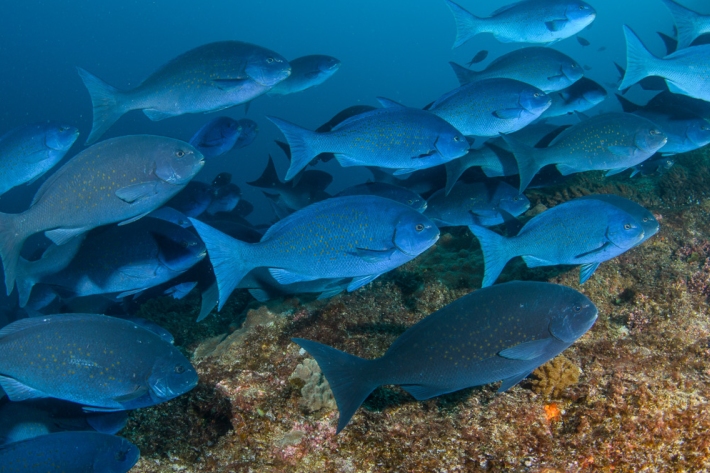
From shallows: moving from the familiar shores of Raoul Island to lesser known higher latitude Islands
Over the last few days the “dive team” have been recording corals, fishes, urchins and other invertebrates from the shallow waters (0-30m) surrounding Raoul Island to complement the biodiversity records from the deeper ocean collected by the other scientists onboard. -
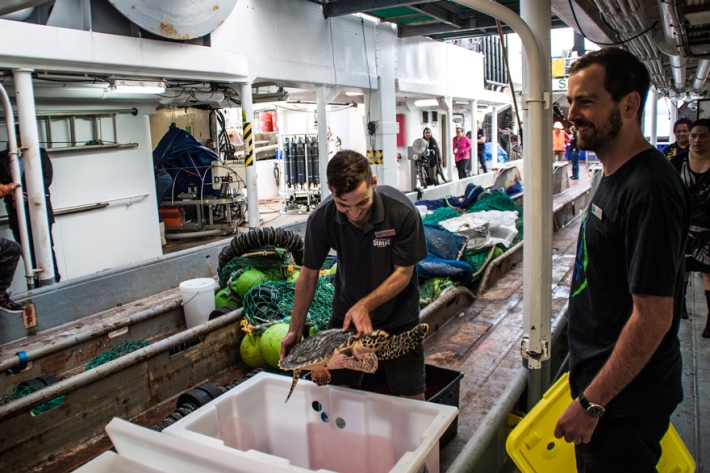
Koha goes home – NIWA returns lost turtle to Kermadecs
Media release20 October 2016A critically endangered turtle today began a two-day journey back to its home in Rangitāhua, the Kermadecs. -
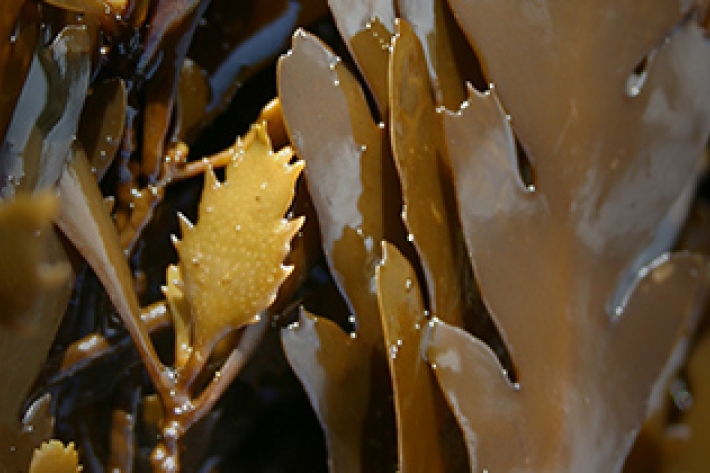
Beautiful Browns
An interactive guide to the large brown seaweeds of New Zealand. -
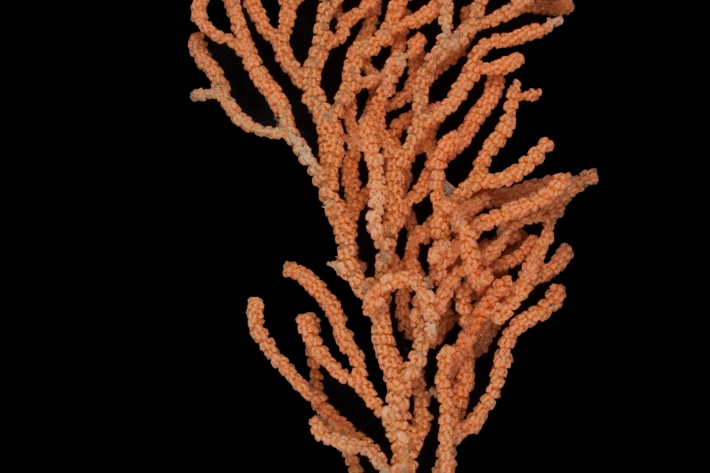
New NIWA Biodiversity Memoir on the diverse primnoid corals of New Zealand
News article08 September 2016Our latest 131 page NIWA Biodiversity Memoir is an initiative of the US/NZ Joint Commission Meeting (JCM) Marine and Ocean Theme. -

New Zealand sea lions and the threat of misinformation
Media release07 September 2016New Zealand is lucky to have its own sea lion. They were nearly driven to extinction more than 150 years ago by the first human settlers and then by commercial sealing—a story shared with nearly all seals. -
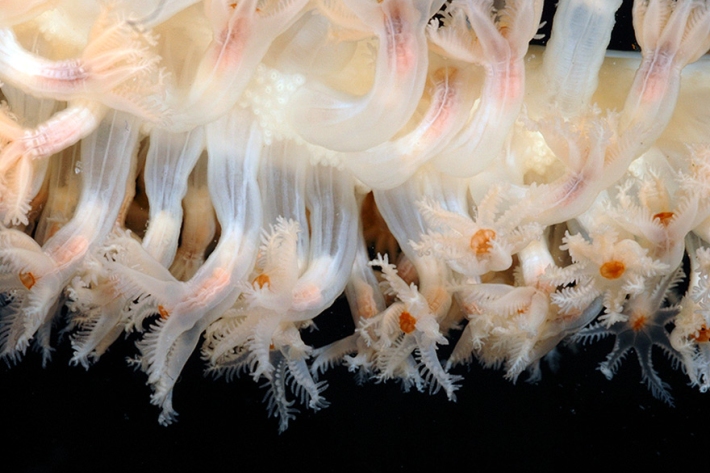
Critter of the Week: The flowering seapen
Anthoptilum grandiflorum (Verrill, 1879) is a species of Pennatulacea, or sea pen, in the octocoral group of Cnidaria. Octocorals are so named because they have 8 tentacles to each of their polyps.

